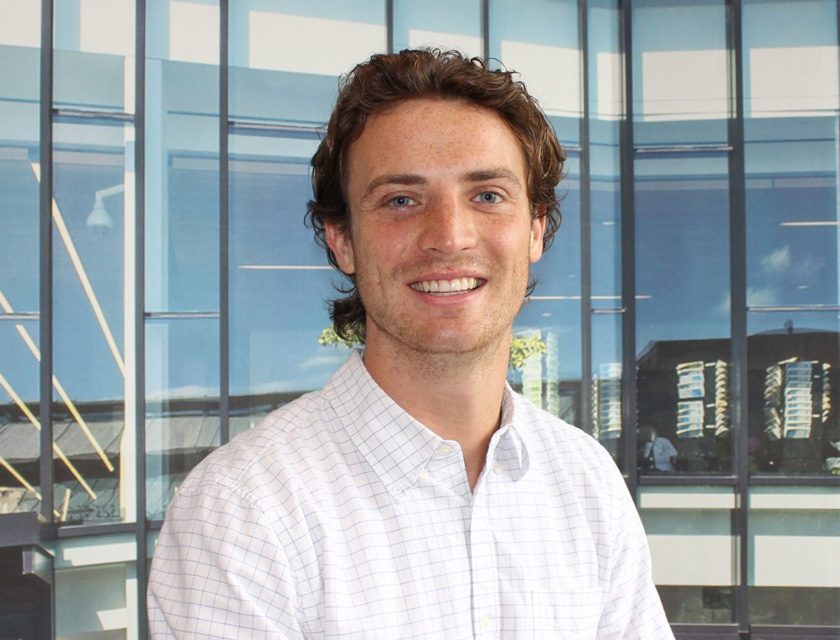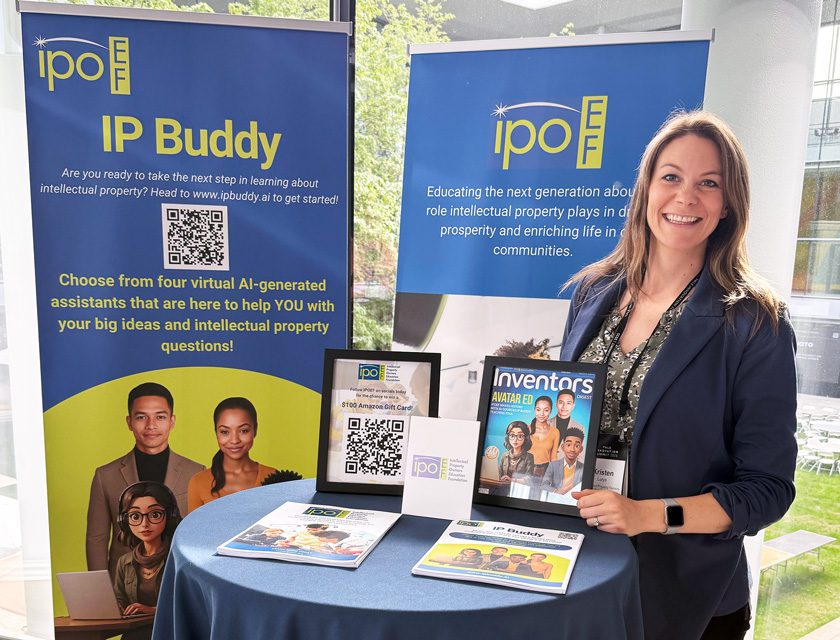
Following a 2023 National Inventors Hall of Fame class highlighted by historic, life-saving collaborations, latest inductees will be announced soon
If the 2023 class of 16 inductees to the National Inventors Hall of Fame (NIHF) is any indication, there is much to anticipate when the Class of 2024 is announced in mid-January.
The ’23 inductees—honored at a black-tie gala at The Anthem in Washington, D.C., on October 26—included four Nobel Prize winners and a National Medal of Technology and Innovation winner, the latter the nation’s highest award for technological achievement. But Dr. Rory Cooper, the NMTI honoree, said in his NIHF acceptance speech that all Hall members are interwoven by an uncommonly noble common thread.
“What I find unique about all the members of the Hall of Fame is that they are dedicated to serving others,” he said.
Massive genetics breakthrough
Also unique is that with few exceptions, their accomplishments are part of a team effort. This is particularly true for the four Nobel Prize winners.
Jennifer Doudna and Emmanuelle Charpentier won the 2020 Nobel Prize in Chemistry for CRISPR-Cas9 gene editing. A French professor and researcher in microbiology, genetics, and biochemistry, Charpentier told the NIHF that “If you want to answer a global question, you may need to associate yourself with someone who has a complementary expertise.
“Doing science is also a human story—and collaborations, it’s also about, you know, the different spirit, together.”
When Doudna, a U.S. biochemist, met Charpentier and began working with her laboratory, a protein named CRISPR-Cas9 became their focus. It can prompt targeted changes in DNA sequences in any cell.
“We realized fairly quickly that we were onto something that had much bigger potential than what we had thought we were initially investigating,” Doudna said. “And that was an extraordinary moment.”
How extraordinary? CRISPR (Clustered Regularly Interspaced Short Palindromic Repeats, a pattern in the DNA of bacteria) is possibly the biggest breakthrough in genetic science this century, because it allows scientists to make precise changes to the genetic code of living organisms.
Charpentier used an example from another scientific discipline—computers—in her explanation: “It works a little bit as if the DNA was a text, and if CRISPR was a software.”
Said Doudna: “The potential for the technology to have real implications in people’s lives is extraordinary. I’m getting chills even now, thinking about it.”
Making world history
Physician/scientists Katalin Karikó and Drew Weissman were working at the University of Pennsylvania in 1998 when they met. Dr. Weissman said it happened at a Xerox machine—fitting, given that they teamed for a duplicate mission to help save millions of lives.
Both shared an interest in a single-stranded molecule called mRNA (messenger ribonucleic acid), which had been identified in 1961 as a biological substance intended to prevent disease.
Their achievement is the modified RNA the two teamed to produce. An expert on immunology, Weissman was interested in the possibility of generating immunity without introducing a pathogen into the body. Dr. Karikó educated him about RNA, which he saw as essential to this kind of vaccine.
Their continuing advances became part of world history, when, on January 10, 2020, the sequence of the coronavirus that was causing infection in China was released. “We started making RNA that night,” Dr. Weissman told the NIHF.
Dr. Karikó recalled that the vaccine was developed and already tested. “It was just the public didn’t know about that.”
“Moderna had RNA in humans in a Phase 1 trial in 66 days,” Dr. Weissman said. “That speed was made possible by mRNA.”
With the mRNA vaccine, he said, “you’re not giving the inactivated virus or the live virus. You’re giving the cell the instructions to make the protein that’s foreign to the body.”
When the body sees that protein on an immune cell that makes antibodies that bind it and neutralize it, that stops the infection. Their modification resulted in their being awarded the 2023 Nobel Prize in Medicine.
Dr. Weissman said he has been told that the vaccine probably saved 20 million lives. “That was my life goal, to be able to help a few people,” he said.
Dr. Karikó is proud of their accomplishment but said hospital workers “were the real heroes who risked their lives every day.”
Tragedy inspired lasting change
Dr. Cooper is another legendary Pennsylvania success story.
After losing the use of his legs in a vehicle accident at age 20, the Army veteran and accomplished wheelchair athlete went on to lead the Rehabilitation Research and Development’s Human Engineering Research Laboratory (HERL) at the University of Pittsburgh, where he oversees and conducts research to support the needs of disabled veterans and others with mobility impairments. HERL holds 25 patents, and its inventions are used by more than a quarter-million people every day.
Continuing the emphasis on collaborative innovation, Dr. Cooper told the NIHF he has been fortunate to be surrounded by great colleagues and students who change people’s lives. “In the bottom line, that’s what we’re trying to do.”
The NIHF Class of 2024 will be inducted in May. The NIHF works in partnership with the USPTO.
For more information, visit invent.org.



